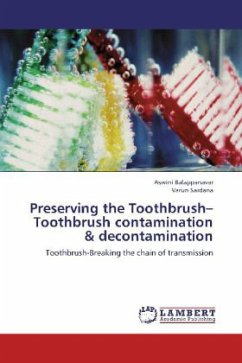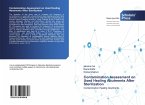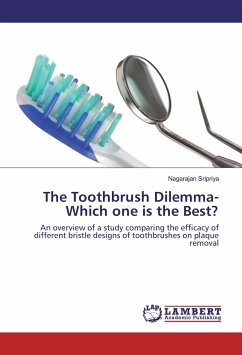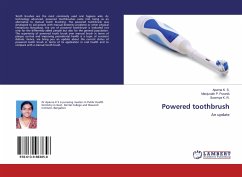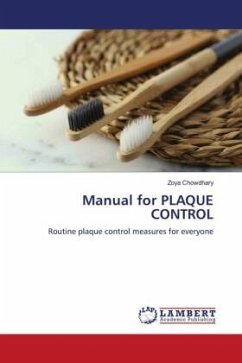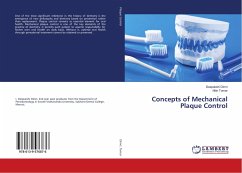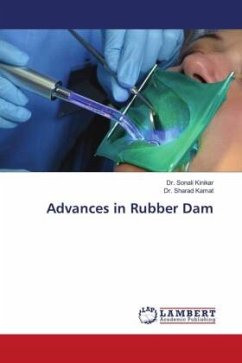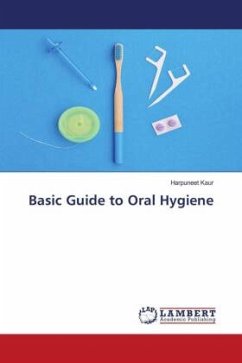Toothbrush has been a tool of cleaning the oral cavity since ancient times and this tool can be the path of spread for various diseases and microorganisms. The collective use of toothbrushes is common in developing and underdeveloped countries, under privileged people, hostels and some families. Transmission can occur even by usage of single person. Hence, a double blind, randomized comparative experimental trial was done on 40 children (12-15)years who were randomly selected to test different toothbrush disinfectants against Streptococcus mutans. The study lasted for a period of four months. The study was divided into 5 phases (Phase 1 - distilled water (control), phase 2 - 3% neem, phase 3 - 2% triclosan, phase 4 - 0.2% Chlorhexidine gluconate and phase 5 - 1% Sodium hypochlorite). The toothbrushes were collected after 5 days of brushing and subjected to microbial analysis (baseline data). The same procedure was repeated for different phases subsequently, in which the toothbrushes after collection were soaked for 12 hours in antimicrobial solutions of respective phases and subjected to microbial analysis. All the solutions showed thier effectiveness as toothbrush disinfectants.
Bitte wählen Sie Ihr Anliegen aus.
Rechnungen
Retourenschein anfordern
Bestellstatus
Storno

